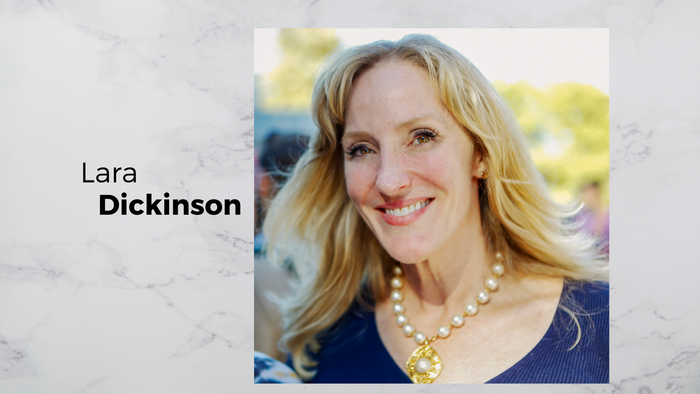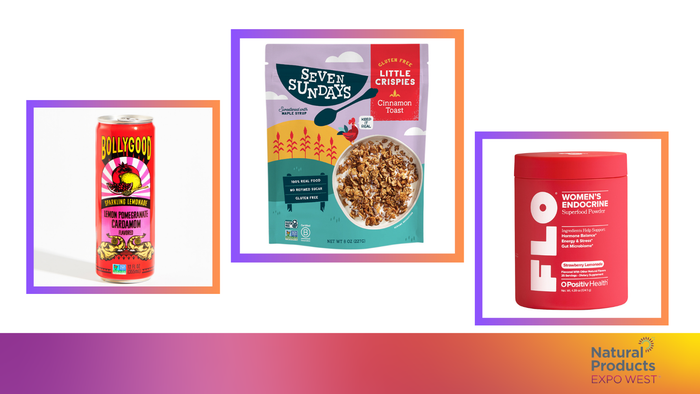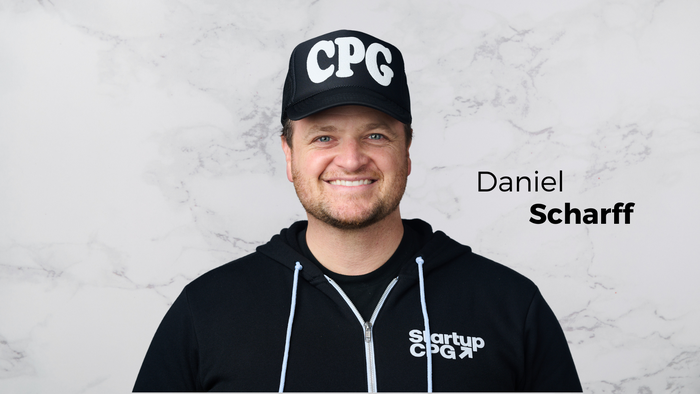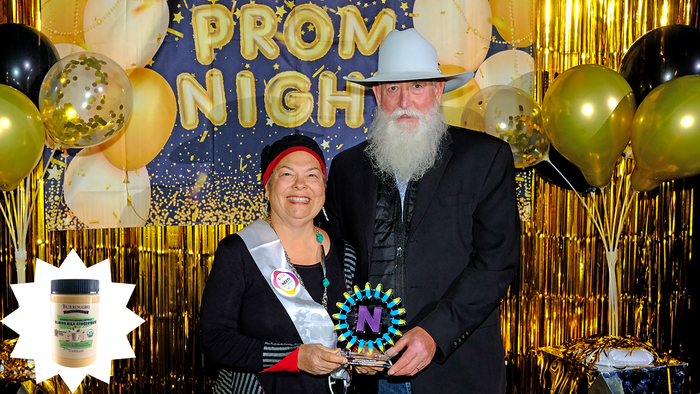At a Glance
- Private label grocery sales surged 3.9% in 2024, outpacing national brands. Experts say this trend will continue.
- Higher margins drive retailers to expand private label, while trust and affordability push shoppers to embrace store brands.
- Even independent grocers are joining in, using private label to stand out, build loyalty and boost profits.
I’ve been buying private label for decades, only I don’t call it private label. I just call it cheaper. And I always make the purchases—over-the-counter decongestants, pain relievers and so on—in drugstores.
For me, at least, buying the drug store-branded products remains an easy sell. They cost less.
But things are much more complex and nuanced in grocery. If I love Amy’s Kitchen's Organic Chunky Tomato Bisque, am I willing to snag a more affordable, similar store-branded product? Could be. But the decision is not as straightforward as the one regarding which container of ibuprofen to buy.
I’m not alone here. Most shoppers weigh a diversity of factors during their treks down grocery aisles—including whether to pick up the store-branded version of a favorite soup. Nevertheless, grocery retailers today are pursuing private label strategies with keen intensity. And the reasons for the trend revolve around more than price.
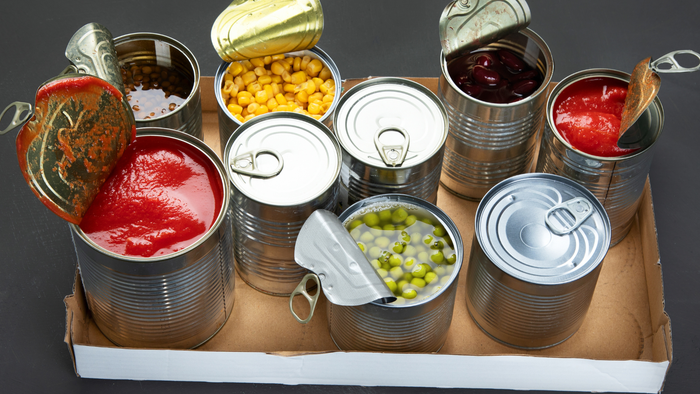
CANVA
Foundations of the private label boom
In 2024, sales of private-label brands grew by 3.9%, beating national brands’ growth of 1%, according to data from Circana. More telling, private-label market share in terms of sales expanded from 20% in 2023 to 24% in 2024, according to data from Numerator. Every percentage point of private-label growth comes at the expense of national and local brands.
Private label is booming—and grocery retail experts with whom I chatted for this article anticipate the robust growth to continue for at least the next few years. While it’s up in the United States, private-label market penetration still lags behind Europe, where in 2024 it stood at 39%. In Spain, private-label sales represented 48.5% of grocery sales in 2024.
Grocery retail expert Bobby Gibbs, a partner with the consultancy Oliver Wyman, says private-label penetration in the United States is expanding “significantly because the (grocery retailers) growing the fastest have private label at the core of their strategy, and the rest of the industry is feeling economic incentives to launch private brands.”
Affordability—the marrow of my drug store purchasing decision—does stand as one of the foundations of the category’s ascent. In the age of ongoing inflation, consumers increasingly hunt for value. They often find it with private-label products—and retailers are working to continue meeting that demand.
C&S Wholesale Grocers, an industry leader that provides private label services, credited inflation, in part, for the company’s ongoing private label growth, according to Mark Gilliand, leader of the company’s Our Brands private label offering. “Consumers now view Our Brands not just as alternatives to national brands, but as a brand they trust for quality and affordability throughout the entire store,” he says.
Another engine behind the growth—margins. Sales of branded canned soups like those from Amy’s Kitchen don’t bring in a lot of money for retailers. Margins can dwell at around 5%. But private-label margins can reach as high as 40%. “People tend to forget the reality of retailer economics,” says Diana Leza Sheehan, founder at PDG Insights, a grocery consultancy. Rather than boosting profits through margins with national branded products, she says, retailers instead make money through trade spends—money brands pay to retailers to promote their products, secure shelf space and more. This includes discounts, in-store promotions, slotting fees, advertising and other incentives.
These fees add up, in a big way.
For now, most grocery retailers combine national and private-label brands. National brands bring people into the stores, and keep them coming—many still want their Stonyfield Organic blueberry yogurt, Cascade Farms frozen organic broccoli and Boulder Canyon potato chips. I know I do.
Private label, where profits come through margins rather than trade, satisfies people hunting for affordability. And in the most successful cases it also plays in the premium realm. Trader Joes, where nearly all products are private label, is the standard bearer for private label triumph, nailing both price and perceived quality, experts say.
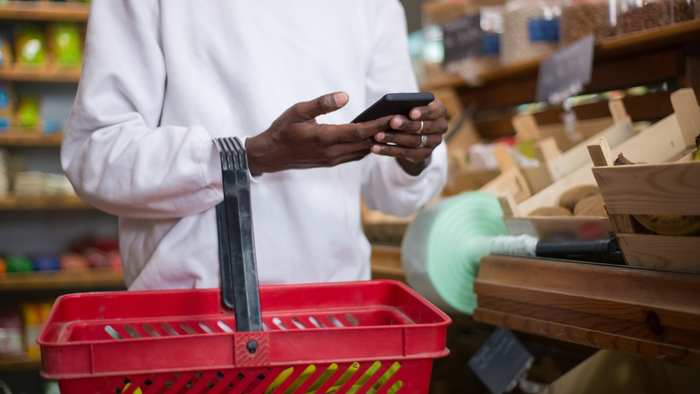
CANVA
Natural Grocers invests big in private label
Consider Natural Grocers, with close to 170 stores one of the nation’s larger natural and organic products industry retail chains. Private label has figured into the chain’s business plan since the company launched its Natural Grocers Brand in 2016. Today, more than 800 Natural Grocers products are private label. So far in 2025 alone, the brand has launched 11 new SKUs. By the end of 2025, the chain hopes to have added an additional 50 products to its shelves, says Katie Macarelli, director of public relations. “We’re particularly excited about our growth in body care, dairy and frozen foods,” she says. “We’ve recently introduced unique items like Biodynamic Organic Pasta Sauces … at an unbeatable price.”
Upholding Natural Grocers’ product standards “can be challenging, but it’s a priority for us,” she says, adding that it’s the primary hurdle for introducing private label products to the shelves.
Another hurdle? Supply chain, says Gilliand. High consumer demand has “strained the supply chain in many categories,” he says. “In the most severe cases, retailers have had to exit specific categories.”

CANVA
Small independents, too, explore expanding private label
While national and larger regional chains such as Kroger and Natural Grocers keep upping their investments in private label, the movement is not bypassing smaller independent natural and organic retailers. In fact, diving into the private-label pool makes great sense for them, says Sarah Super, who heads up private labeling at the Independent Natural Food Retailers Association (INFRA). INFRA helps independent retailers navigate the wilderness of companies offering private label services, and offers insights about everything from what products to private label to whether to pursue premium or bargain options.
For smaller retailers to “keep thriving, they need to keep finding ways to differentiate themselves. They’ve got community and they’ve got passion and they are trusted resources in their communities,” she says. “They’ve got so many things going for them. Having their own private label is another way to really create differentiation, and to keep bringing customers back for those products.”
With many natural and organic products industry retailers, trust is baked into the store’s value proposition to consumers. They shop there because they trust the curation, the close attention to standards that store leaders exercise.
This overall store trust can extend to private label brands—an advantage that other brands do not enjoy. National and local brands spend fortunes toiling to establish and bolster trust for their products.
Either way, regardless of whether its private label or national, “building a brand is hard,” says Gibbs. “The balance is, how credible can I make my brand, versus how much margin advantage can I collect?”
In the best examples, private label offerings both amplify margins and strengthen brand respect—and retailers increasingly understand it as they up investments in private label.
Are American shelves turning Euro? If experts’ predictions hold up, oui.
Read more about:
Shelf LifeAbout the Author
You May Also Like
